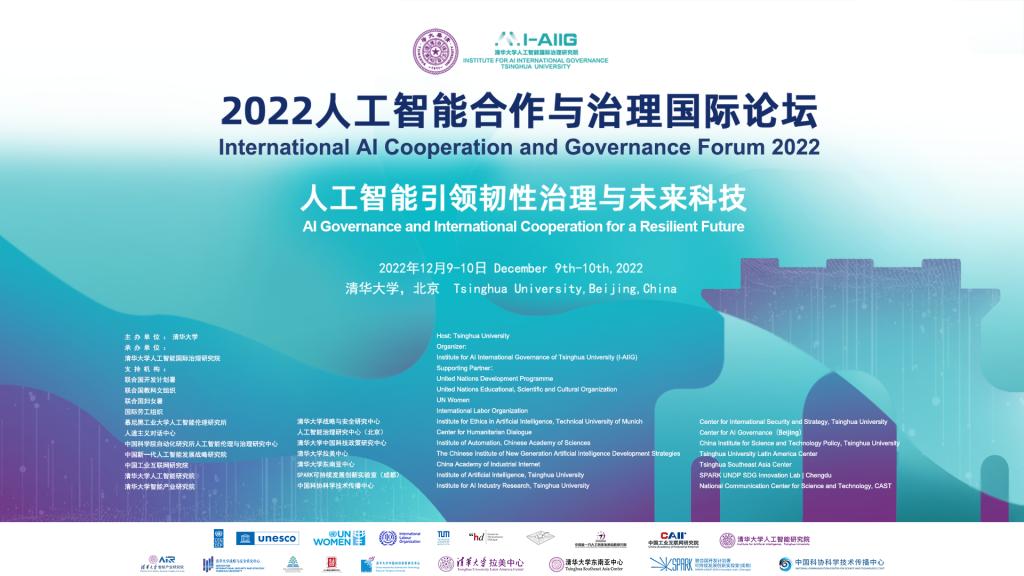
In recent years, the rapid development of artificial intelligence (AI) has injected intelligent impetus to research in life science, mathematics, and space science among other fields. Meanwhile, expanded application scenarios also nourish the development of AI, driving traditional industries to go intelligent. In particular, against the urgent need for global economic recovery in the post-pandemic era, AI plays a more prominent role in empowering scientific research and innovation and industrial development, and underpins improvement of capacity of risk prediction, crisis response and recovery, adding to the resilience of the social and economic development.
However, as AI technologies are more widely used, it also brings more security, privacy and equity challenges. Over the past year, governments, international organizations and industrial communities have rolled out a series of norms and regulations, policies and standards of AI governance, making AI governance one of the most important agendas in global governance.
The Global Development Initiative that China proposed is an innovation-driven approach, with the aim to make global development more resilient. In addition, China has recently formally submitted its Position Paper on Strengthening Ethical Governance of Artificial Intelligence (AI) which highlighted the priority of ethics in AI governance, and proposed systematic recommendations for strengthening the ethical governance of AI, with emphasis on promoting the establishment of an international framework and standards for AI governance based on broad consensus through international exchange and collaboration.
In this context, the International AI Cooperation and Governance Forum 2022, under the theme of “AI Governance and International Cooperation for a Resilient Future”, hosted by Tsinghua University and organized by the Institute for AI International Governance of Tsinghua University, is going to take place during 9th-10th, December 2022. The forum aims to promote AI to provide new momentum for and unleash the potential of scientific innovation and industrial development, to make global growth more inclusive, resilient, and sustainable for the common well-being of humanity, and a community with a shared future for mankind.
